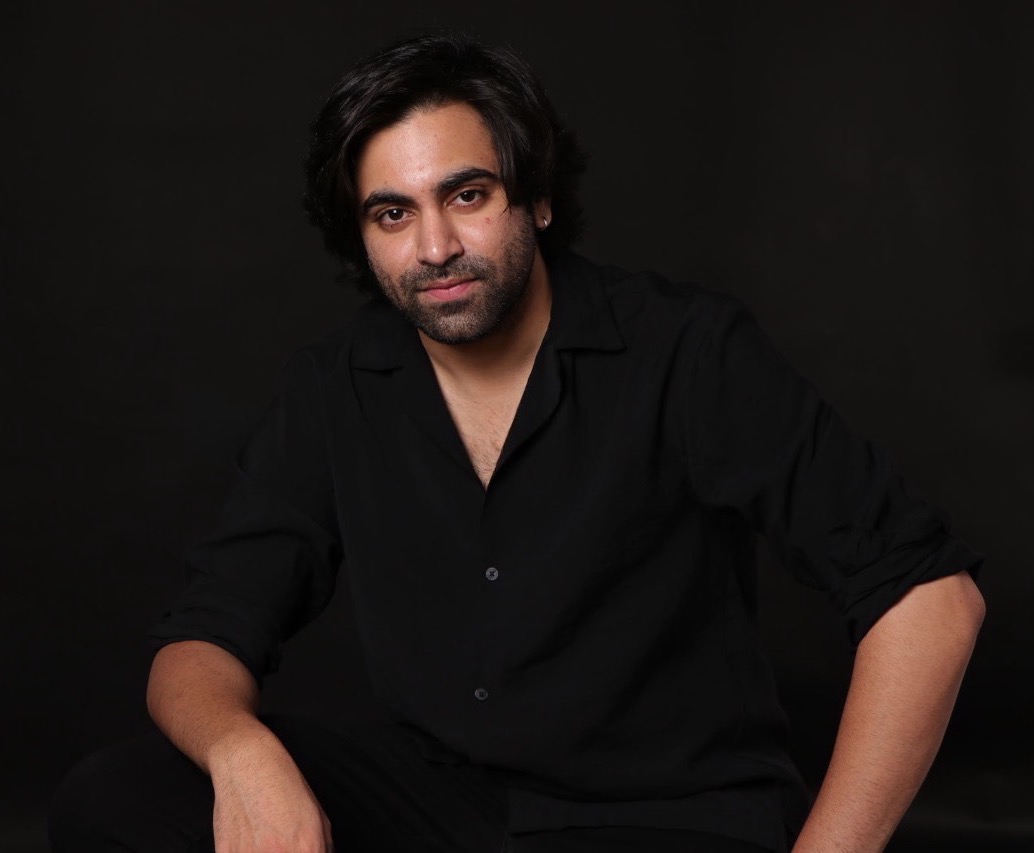We were lucky to catch up with Kranthi recently and have shared our conversation below.
Kranthi, so good to have you with us today. We’ve always been impressed with folks who have a very clear sense of purpose and so maybe we can jump right in and talk about how you found your purpose?
It wasn’t a single moment. It was a series of quiet ones — summers spent on film sets, afternoons in editing rooms, the scent of film stock clinging to the air. I grew up in and around cinema, but not from a distance. I watched it get built — reel by reel, frame by frame. I didn’t need a grand revelation to find my purpose. I just listened, paid attention, and let the work speak to me early on.
When I stepped in front of the camera for the first time at 12, it didn’t feel foreign. It felt familiar, like something I already understood. That instinct eventually led me to The Lee Strasberg Theatre & Film Institute in Los Angeles, where I trained in method acting and was awarded the LA Artist Grant. That was a turning point — not just for confidence, but for clarity.
Purpose, for me, is rooted in honesty. I’m drawn to roles that reflect something real — even in the most heightened worlds, there has to be truth. That’s what I keep coming back to. There’s a quote I love by Robert Bresson: “Make visible what, without you, might perhaps never have been seen.” That’s the mission. To bring something honest to the screen that didn’t exist until you stepped into it.
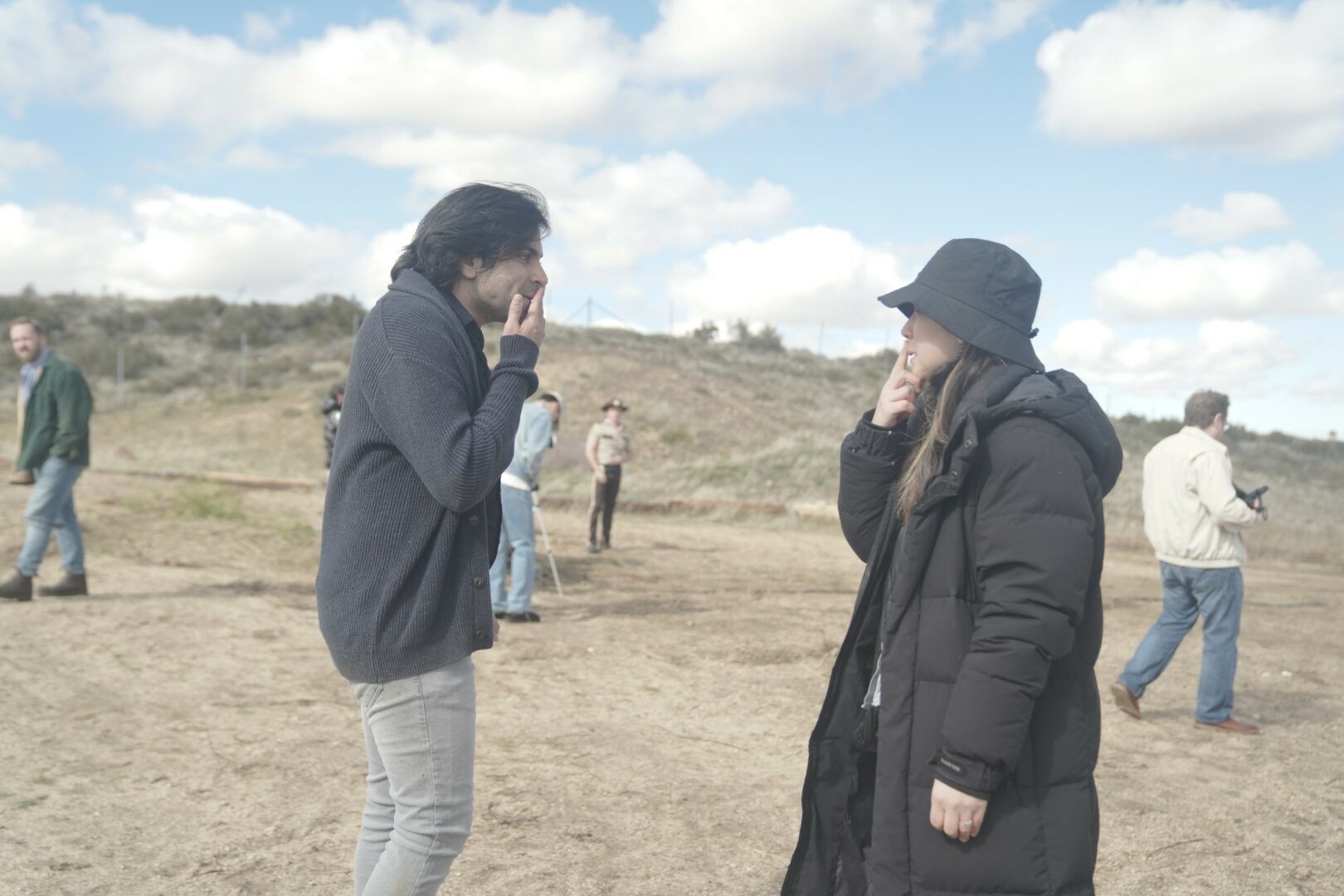
Thanks, so before we move on maybe you can share a bit more about yourself?
I’m an actor based in Los Angeles, trained in method acting at The Lee Strasberg Theatre & Film Institute. I’ve always seen acting as more than a profession — it’s a deep, deliberate craft. What excites me most is finding the space between what’s said and what’s felt. That’s where the real storytelling lives — in the silences, the stillness, the restraint.
I started early — my first role was at 12 in a Telugu feature film Current (2009), produced by Annapurna Studios. But even before that, I was immersed in cinema from the inside out. My father was a film financier in the Telugu film industry, and both my parents were involved in the silver recovery of celluloid reels. I spent summers on sets and in labs, absorbing the mechanics of filmmaking long before I ever stepped in front of a lens. That foundation shaped everything — it gave me discipline, clarity, and an instinct for the rhythm of a set.
Professionally, I’m focused on building a body of work that balances presence and precision. I’ve been the principal cast in films like Comet Orphan, which premiered at the Marché du Film at Cannes Film Festival 2025, and Chop Chop, which won Best Acting, Best Screenplay, and Best of Fest at the 3×5 Film Festival. The Cocktail Party was another special project — it became a semi-finalist at Indie Short Fest and won Best Student Film at the International Independent Film Awards. I’ve also worked on vertical-format series filmed in LA that earned strong IMDb ratings — including Punch Me Baby, One Fateful Night with My Boss, and Uncle Richard Is My Baby Daddy.
What excites me most right now is refining the kind of work I want to be known for — roles with presence, purpose, and a little unpredictability. I’m not in a rush to do everything — I’m focused on doing the right things. There are a few new projects underway that I can’t speak about just yet, but they align with the direction I’ve been carving: bold characters, strong directors, and stories that stay with you. As Brad Pitt once said, “You must lose everything in order to gain anything.” And that, to me, is what acting demands — a willingness to strip back, take risks, and meet the moment with everything you’ve got.
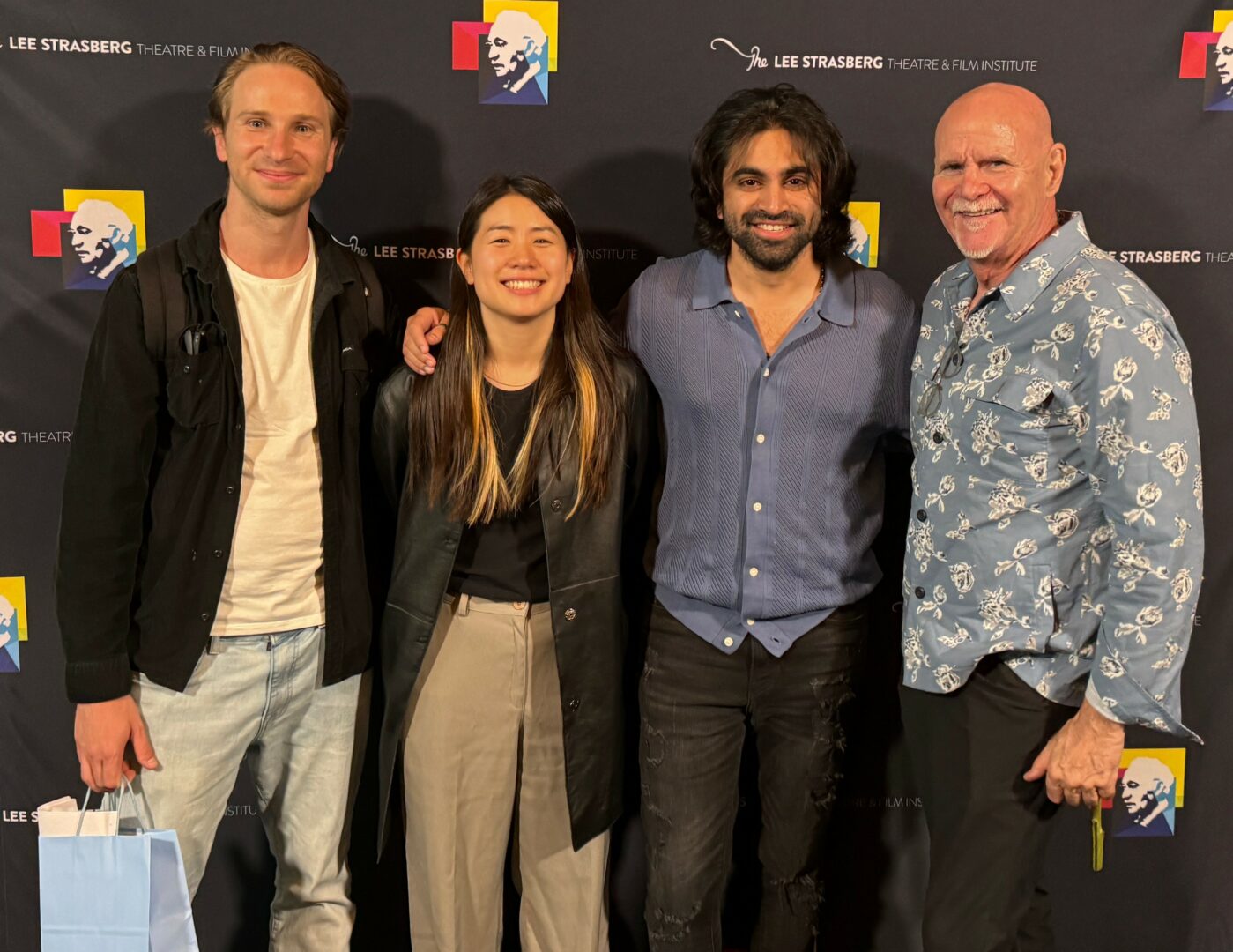
Looking back, what do you think were the three qualities, skills, or areas of knowledge that were most impactful in your journey? What advice do you have for folks who are early in their journey in terms of how they can best develop or improve on these?
Looking back, I’d say three things shaped my path more than anything else: discipline, instinct, and patience. And each of those came from very different places in my life.
Discipline came early. Growing up around the inner workings of film — watching silver pulled from reels, sitting quietly on set while cameras rolled — you learn quickly that this industry isn’t just about talent, it’s about showing up prepared, again and again. I carried that work ethic into every stage of my training, especially at The Lee Strasberg Theatre & Film Institute, where method acting demanded complete emotional honesty, not just flair.
Instinct, for me, has always been the difference between delivering a performance and living one. It’s about trusting your internal compass — knowing when less says more, when stillness holds weight. That kind of instinct can’t be taught, but it can be sharpened by experience. Watching great actors like Brad Pitt, Daniel Day-Lewis, and Pierce Brosnan taught me that the best performances don’t announce themselves — they draw you in.
And then there’s patience. I’ve never believed in chasing noise. I’ve believed in choosing carefully and building something lasting. The industry moves fast, but your identity as an artist has to move with intention. If I could offer one piece of advice, it would be this: don’t be in a rush to be seen — be in a rush to be ready. Develop your craft, study your influences, and let your voice get sharp in the quiet. When the right moment comes, you’ll meet it with everything you’ve built.
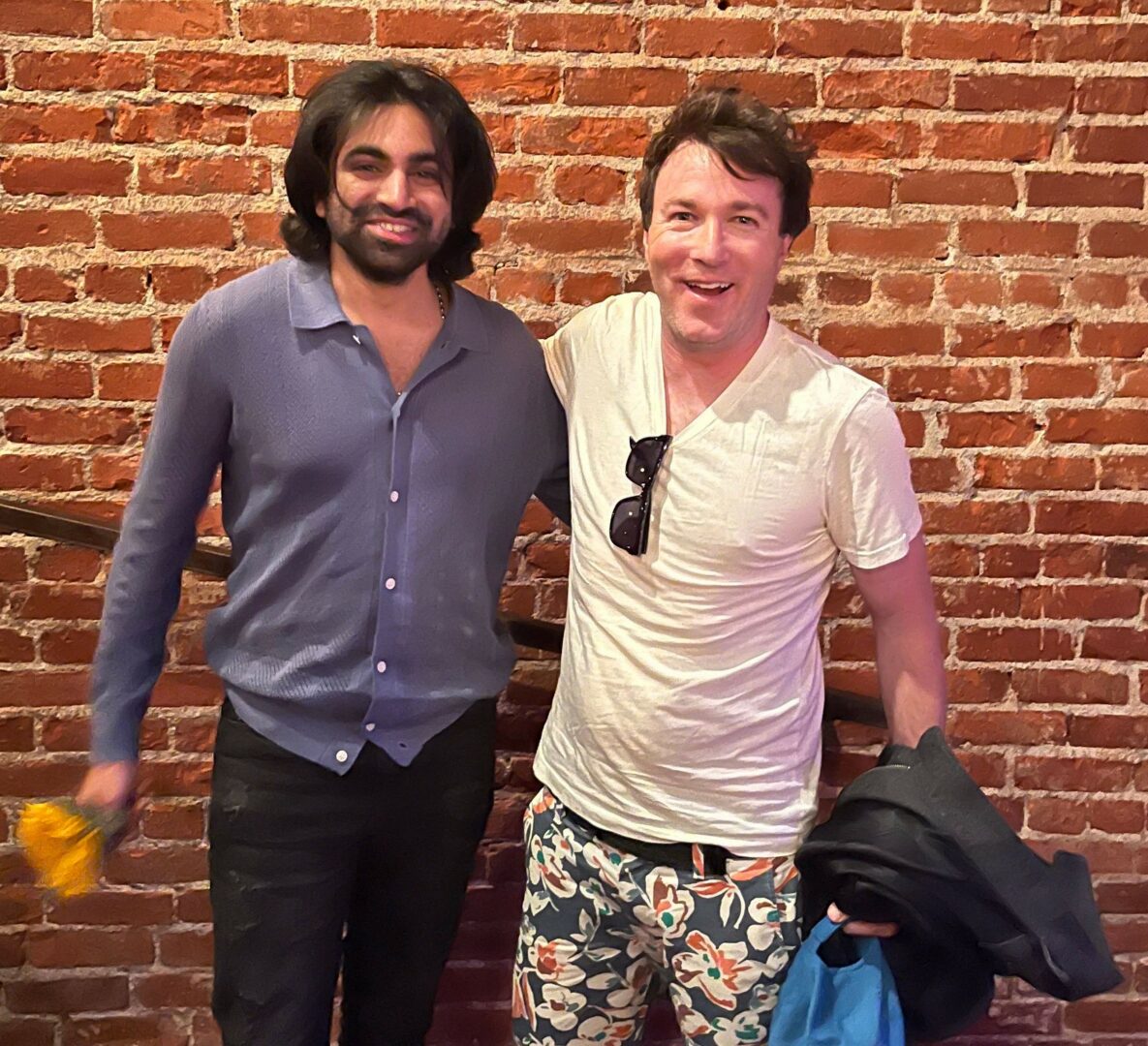
Alright so to wrap up, who deserves credit for helping you overcome challenges or build some of the essential skills you’ve needed?
There have been a few people who’ve really shaped my journey — and it started with my parents. Their lives revolved around cinema in this quiet, hands-on way. My father financed films in the Telugu industry, and both he and my mother worked with actual celluloid — recovering silver from reels and handling the physical material of film. I grew up in that world. Summers on sets, time in labs — it was never glamorous, but it was immersive. I wasn’t watching from afar; I was inside it. That early exposure gave me this deep-rooted respect for storytelling as craft — not just performance.
At The Lee Strasberg Theatre & Film Institute, I had the privilege of being mentored by David Lee Strasberg. He wasn’t just a teacher — he took time to understand how I processed character, how I accessed emotion, and helped me refine it without losing my instinct. There were moments in class when he’d challenge me with a single question, and everything in the scene would shift. That kind of guidance stays with you. He believed in letting actors find their truth, not forcing it — and for someone like me, who had already grown up around film, that was the kind of space I needed to deepen my craft. We had conversations outside the classroom too — about discipline, about patience — and those talks shaped me more than he probably knows.
With John Hindman, it was a different but equally meaningful experience. John brings a filmmaker’s lens to acting — he sees story in every silence. As a screenwriter and director himself, he understands performance from both sides of the camera. I remember in one session, he stopped a scene I was working on, not to adjust the line, but to ask what my character wasn’t saying. That was a turning point. John taught me how to listen, not just to the other actor, but to the tension in the moment. He helped me slow down and really trust my instincts. Our work together made me more fearless — not louder, just more precise.
Contact Info:
- Website: https://www.kranthinag.com
- Other: IMDb: https://www.imdb.com/name/nm16442591/
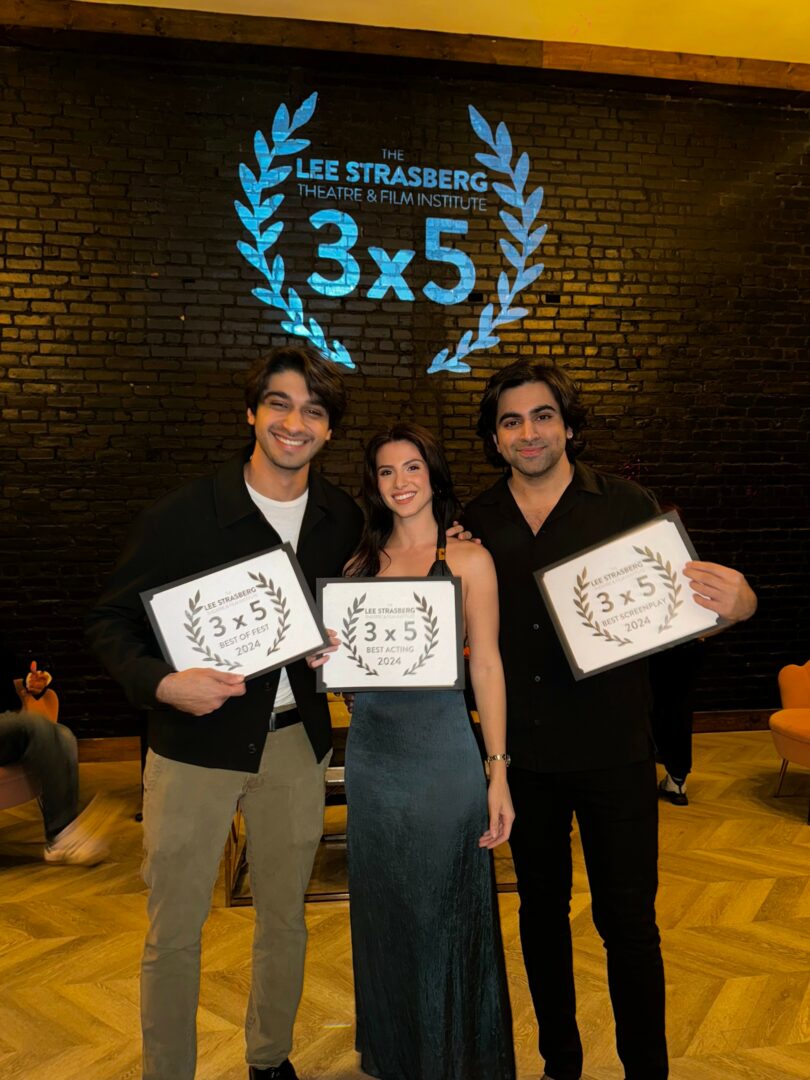
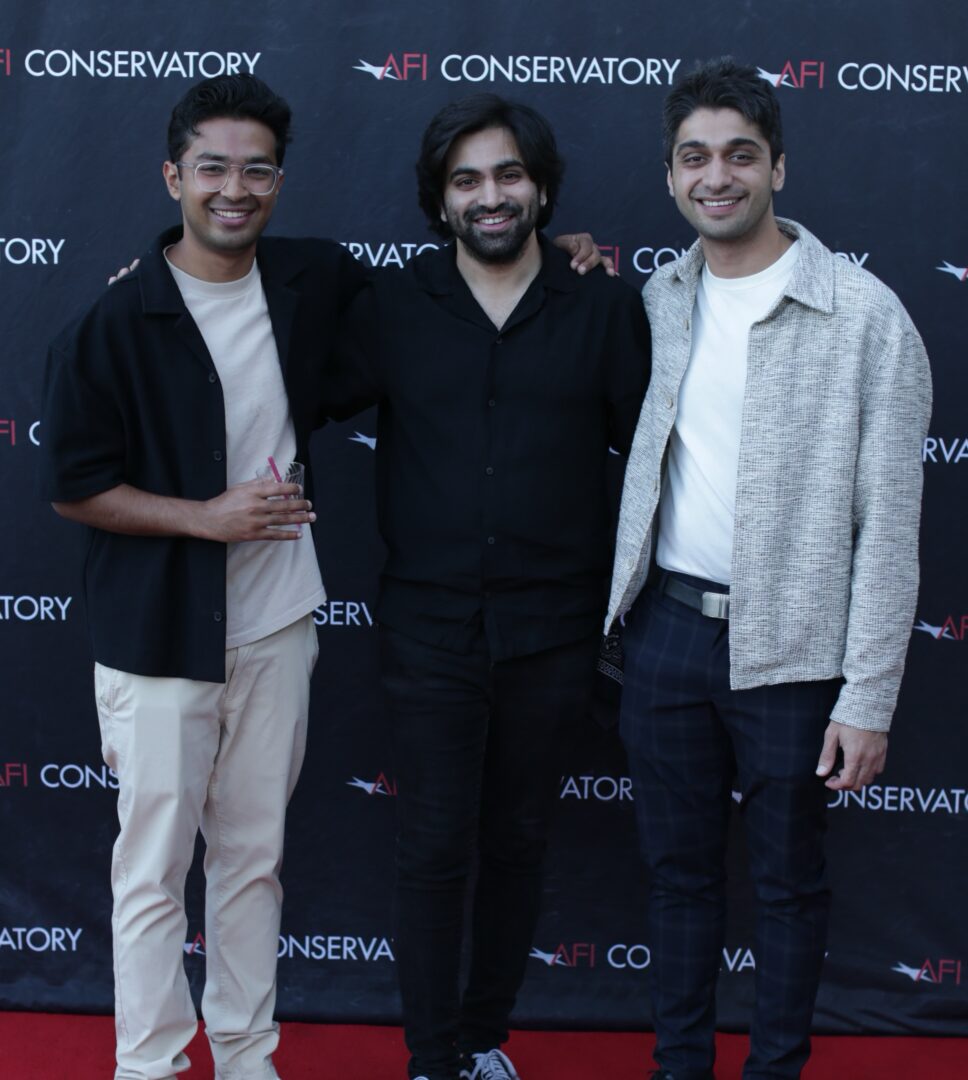
so if you or someone you know deserves recognition please let us know here.

